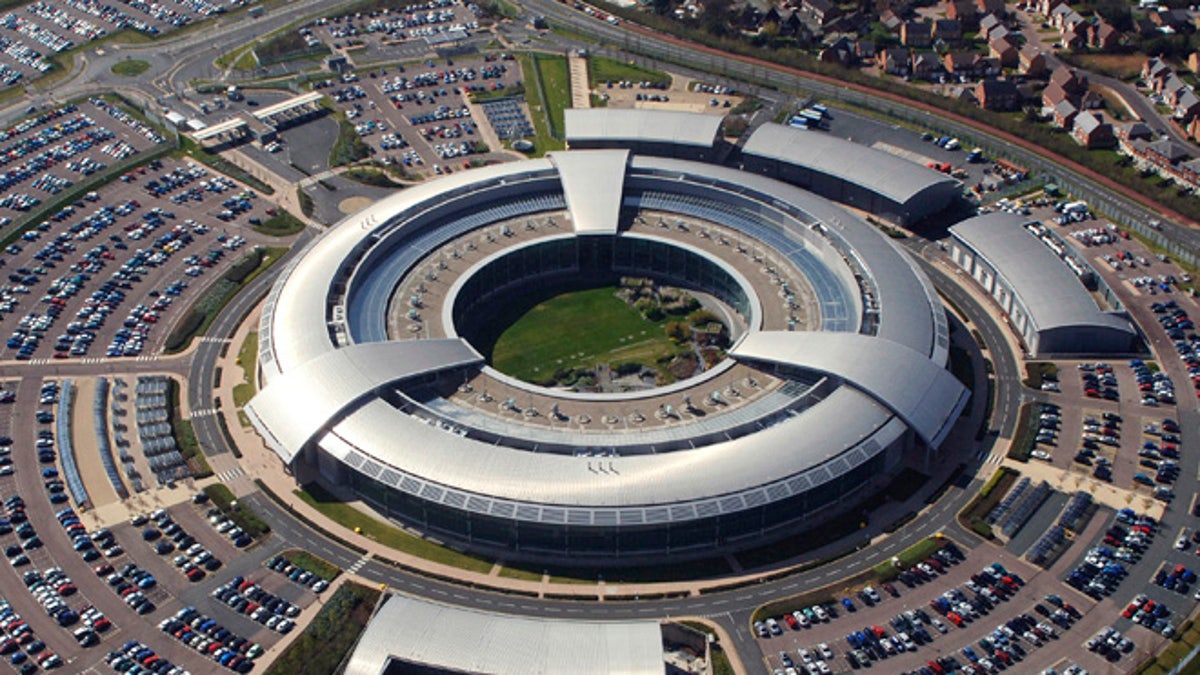
FILE: An aerial image of the Government Communications Headquarters (GCHQ) in Cheltenham, Gloucestershire. (Ministry of Defence)
Hot on the heels of the NSA snooping firestorm, a leaked document appears to detail the cyber espionage tricks employed by its U.K. counterpart, GCHQ.
The document, reportedly provided by NSA whistleblower Edward Snowden, was obtained by The Intercept website and describes a host of covert tools. These include tools for manipulating online polls, sending spoof emails, and even performing denial of service attacks on Web servers.
GCHQ now finds itself in the spotlight at a time of heightened concern over individuals’ digital footprints. Social media features prominently in the document, which describes tools for finding private pictures on Facebook, collecting data from LinkedIn and Google+ and even masquerading Facebook wall posts for individuals and entire countries.
More than 100 code-named tools and projects are outlined in the document. These include ‘Angry Pirate’, a tool which will “permanently disable a target’s account” on their computer and ‘Hacienda’, a port scanning tool “designed to scan an entire country or city.”
In an email to FoxNews.com GCHQ said that it does not comment on intelligence matters. “Furthermore, all of GCHQ's work is carried out in accordance with a strict legal and policy framework which ensures that our activities are authorised, necessary and proportionate, and that there is rigorous oversight, including from the Secretary of State, the Interception and Intelligence Services Commissioners and the Parliamentary Intelligence and Security Committee,” it added. “All our operational processes rigorously support this position.”
GCHQ also noted that the UK’s “interception regime” is compatible with the European Convention on Human Rights.
Nonetheless, the intelligence agency’s methods are now under intense scrutiny. Security expert Alan Woodward told the BBC that the document is damaging to GCHQ, noting that its interception techniques are now compromised.
ZDNet noted that the documents have appeared in the same week that GCHQ’s activities are being investigated by U.K. surveillance watchdog the Investigatory Powers Tribunal (IPT).
Follow James Rogers on Twitter @jamesjrogers
